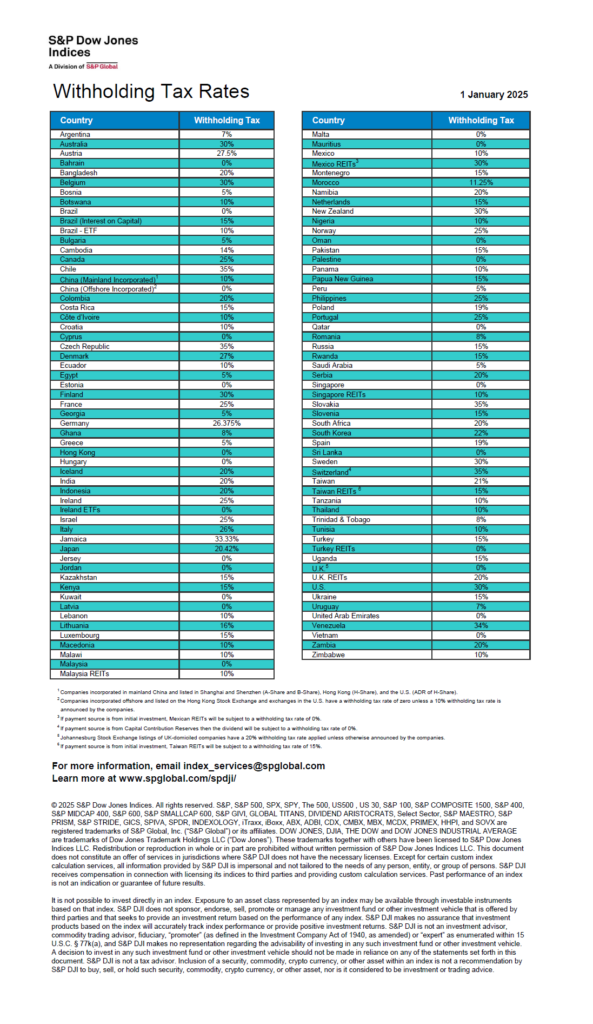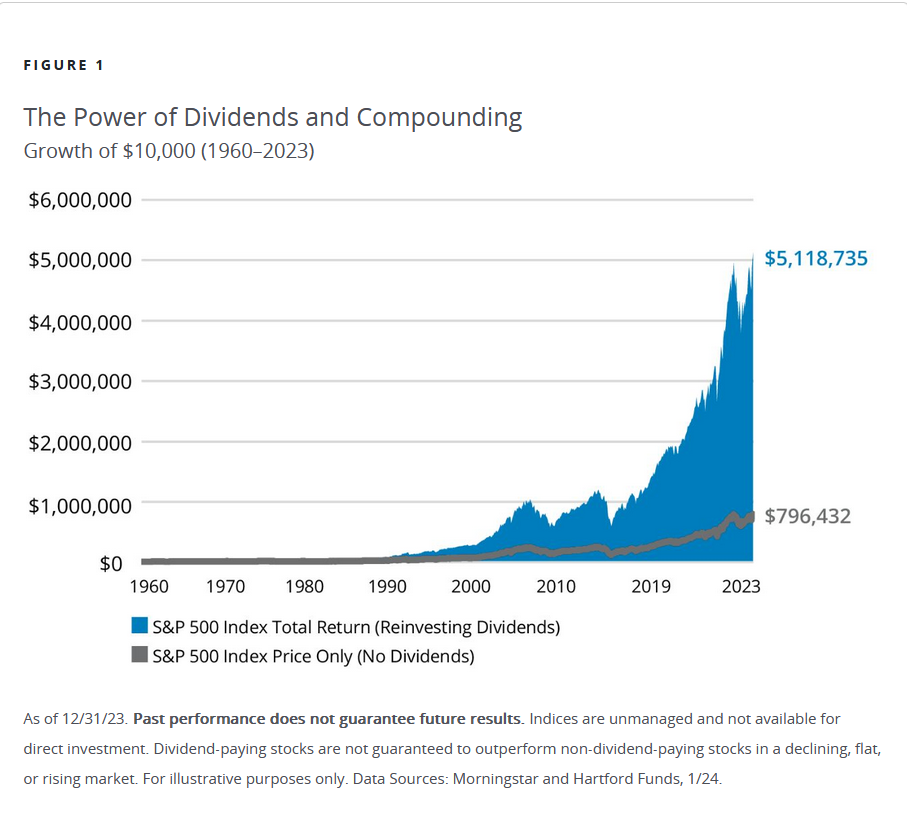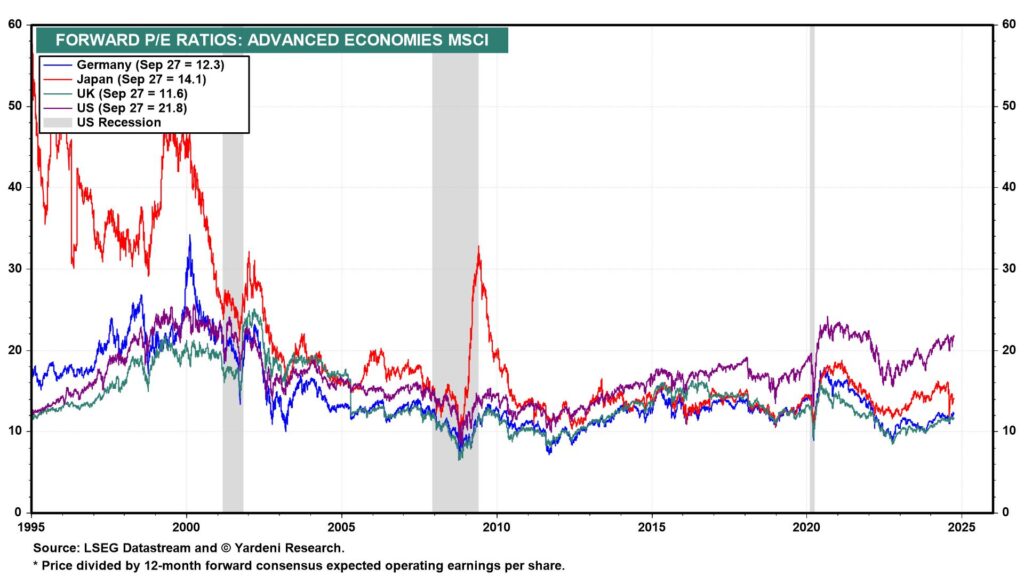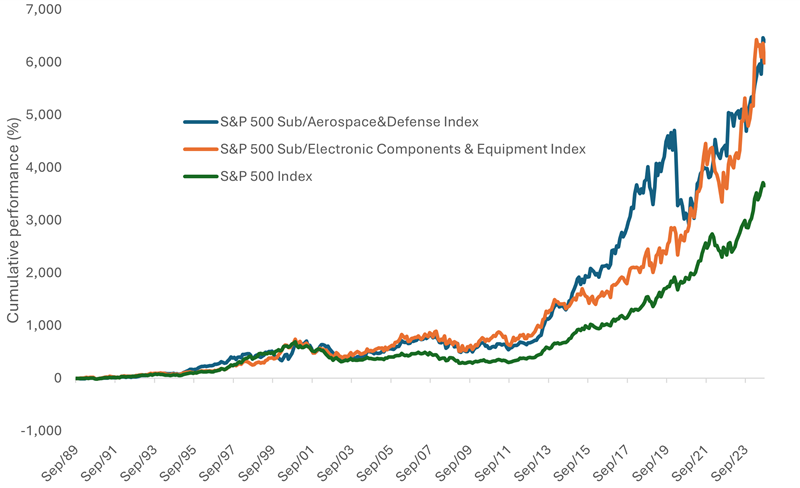Investing in foreign stocks via American Depository Receipts (ADRs) involves a few disadvantages. For instance, one has to pay dividend withholding taxes to foreign governments on dividends paid by the foreign company with some exceptions. Countries like the UK , Singapore, etc. do not deduct this tax for US investors and others such as Canada waive the tax if the security is held in a retirement account. The tax rate can be lower than the regular rate if there is a special tax treatment between the US and the country. In addition to this tax, another unique expense with owning a foreign stock is: ADR fees (also called as ADR pass-thru fees or ADR service fee).
What is an ADR fee?
When an investor owns an ADR, a custodian is in charge of holding the ADR, maintaining the records and more importantly collect the dividends paid out the foreign issuer, convert it into US dollars and depositing into the stockholder’s account. The custodian charges a fee for all these services and this fee is called the ADR fee. The custodians can be Citi, Bank of New York Mellon, Deutsche Bank or JP Morgan Chase. If dividends are paid out by an ADR then the custodians may deduct this fee from the dividends or they may decide to charge it separately to an ADR holder as a fee. If the ADR does not pay a dividend then the custodian will charge that fee directly to the brokerage who in turn will charge it to a client’s account. Regardless of how it is paid, the ADR fee is ultimately another expense for an American investor.
Here is some information from Charles Schwab:
ADR Pass-through Fees: What They Mean for You
If you are an ADR investor, you may already know that banks that custody ADRs (ADR agents) are allowed to charge custody fees. The amount and timing of custody fees are detailed in your ADR prospectus.
In the past, ADR agents could collect custody fees only when they were able to subtract them from ADR dividends. Since many ADRs do not pay regular dividends, agents were often unable to collect their fees.
New fee-collection method approved by SEC
Last year, the Depository Trust Company (DTC) received SEC approval to start collecting custody fees on behalf of ADR agents for ADRs that do not pay periodic dividends. To collect the fees owed by ADR investors, the DTC has started charging companies like Schwab that hold ADRs for their clients. Fees charged to Schwab by the DTC are referred to as “ADR pass-through fees.”
What this means for ADR investors
ADR fees normally average from one to three cents per share. Fee amounts and timing differ by ADR. See your ADR prospectus for specific information. Search for it online with EDGAR Company Search.
Fees collected from Schwab by the DTC will be automatically passed through to you. They will be deducted from your Schwab account and shown on your monthly statements. See sample statement.
Pass-through fees are deducted from your account for your ADRs that do not pay dividends. For dividend-paying ADRs, agents will deduct their fees from your dividends as they have in the past. Going forward, both types of ADR fees will be identified on your statement as “ADR Pass Thru Fee.”
Source: ADR Pass-through Fees: What They Mean for You, Charles Schwab
Additional details on ADR fees from Interactive Brokers:
ADR pass-through fees
Account holders maintaining positions in American Depository Receipts (ADRs) should note that such securities are subject to periodic fees intended to compensate the agent bank providing custodial services on behalf of the ADR. These services typically, include inventorying the foreign stocks underlying the ADR and managing all registration, compliance and record-keeping services.
Historically, the agent banks were only able to collect the custody fees by subtracting them from the ADR dividend, however, as many ADRs do not regularly pay dividends, these banks have been unable to collect their fees. As a result, in 2009, the Depository Trust Company (DTC) received SEC approval to begin collecting these custody fees on behalf of the banks for ADRs which do not pay periodic dividends. DTC collects these fees from its participant brokers (such as IB) who hold the ADRs for their clients. These fees are referred to as pass-through fees as they are designed to be then collected by the broker from its clients.
If you hold a position in a dividend paying ADR, these fees will be deducted from the dividend as they have in the past. If you hold a position in an ADR which does not pay a dividend, this pass-through fee will be reflected on the monthly statement of the record date in which it is assessed. Similar to the treatment of cash dividends, IB will attempt to reflect upcoming ADR fee allocations within the Accruals section of the account statements as well. Once charged, the fee will be reflected in the Deposits & Withdrawals section of the statement with the description ‘Adjustments – Other’ along with the symbol of the particular ADR it is associated with.
While the amount of this fee will generally range from $0.01 – $0.03 per share, the amounts may differ by ADR and it is recommended that you refer to your ADR prospectus for specific information. An on-line search for the prospectus may be conducted through the SEC’s EDGAR Company Search tool.
Source: ADR pass-through fees, Interactive Brokers
From the SEC’s site :
What fees are charged to ADR investors?
As a matter of course, an ADR depository bank may be authorized under the deposit agreement relating to the ADRs to charge a fee, called a custody fee, for the work it performs on the ADR. ADR depository banks charge holders of ADRs custody fees, sometimes referred to as Depository Services Fees, to compensate the depository banks for inventorying the non-U.S. shares and performing registration, compliance, dividend payment, communication, and record keeping services.
A common practice for collection of the custody fee is for the ADR depository bank to subtract the amount of the fee from the gross dividends paid by the bank to ADR holders. Typically, the Depository Trust Company, (DTC) will announce both the gross dividend rate and the net dividend rate after deduction of the ADR custody fee. The ADR depository banks pay DTC the net dividend, and DTC allocates the net dividend to its users. However, a number of ADR issues do not pay periodic dividends, which prevents the fees from being collected through the above described mechanism. In this case, DTC charges the fee to its users (i.e., banks and broker-dealers) who pass them on to their customers.
Depository banks may charge other fees, such as relating to the distribution of dividends, foreign currency exchange, voting of shares, and other matters.
Source: SEC
What are the tax implications of the ADR fees?
Since the fees vary from 1 to 3 cents per share, total fees paid in a year can add up. One way investors may to able to deduct this fees is to itemize the expense in IRS Form 1040 Schedule A under “Other expenses—investment, safe deposit box, etc. List type and amount” in line 21 under the “Job Expenses and Certain Miscellaneous Deductions” category provided the total amount for this category exceeds 2 percent of your adjusted gross income(AGI). So for many investors this ADR fee may not be tax deductible.
Here is an example of how the ADR fee is charged:
Recently Continental AG(CTTAY) paid out a dividend. Let’s see how much an investor loses out to dividend taxes and ADR fees.
Ticker: Continental AG(CTTAY)
Gross Dividend: $0.86
Germany Dividend Withholding Tax = $0.22
ADR Fee = $0.02 per share
So Final Net Dividend Payable to ADR holder = $0.62 (i.e. $0.86-($0.22+0.02)).
So at 2 cents per share, an investor holding 500 shares would be charged $10 in ADR fees. This fee can be deducted from the dividend payments or can be deducted from a customer’s account depending on the brokerage.
How to find out if the ADR you own has an ADR fee and if so, what is the fee?
There are two ways to find out the ADR fee for the ADR you own. You can check your broker’s website and they will show the fees. Or you can check the website of the depository. The depository that issues your ADR will have the fee listed. Other custodians may list it also.
Below are the depository sites to check for the ADR fee:
Key points to remember:
- ADR fees is not avoidable.
- In most cases, ADR fees may not tax deductible as investment expenses.
- If ADR fees is charged by the custodian to ADR holders, the brokerage will pass on this fee directly to a client’s account.
- If an ADR does not pay a dividend then this fee will deducted from the client’s cash account.
- The ADR fee is charged only once per year.
Though investing in ADRs costs an American investor more in expenses than investing in US stocks such as this ADR fee, investors should not avoid ADRs and stick with only domestic stocks. The benefits of international diversification, potential higher dividend yields, etc. far outweigh the costs involved with owing ADR including the small ADR fees.
Disclosure: Long CTTAY
Updates (9/13/24):
1.Will ADR fees be charged regardless of the holding period of an ADR?
Nope. ADR fees are charged only if the ADR is held on the “Record Date”. This is similar to how dividend payments are made based on the record date. Instead of the company paying the shareholder in this case a fee charged by the custodian.
When the depository makes the ADR fee announcement it will publish the Record Date.
So if an investor sell the ADR before the record date the fee will not be charged.
2.Is it possible to buy and sell an ADR without paying the ADR fee?
Yes that is possible. For example, if the record date is Feb 15th for an ADR and the fee $0.02 per ADR then an investor can buy and sell before Feb 15th and avoid the fees.
___________________________________________________________________________________________________
Depositary Service Fees – FAQs:
Q: Why are depositary service fees (“DSFs”) charged?
A: A DSF is assessed on a per-depositary receipt (“DR”) basis for depositary services. In recent years, the costs incurred by the issuer and the depositary to maintain, administrate and service DR programs and the underlying securities have increased. DSFs are disclosed in the applicable deposit agreements.Q: What is the notification process for charging a DSF, and how are they collected?
A: Generally, the depositary will give at least 15 days prior notice of a record date to The Depository Trust & Clearing Corporation (“DTCC”), Euroclear, Clearstream or any other Central Securities Depositary (“CSD”) where the DRs may be safekept.
The CSD will collect the DSF from its participants based upon the record date position. For dividend-paying DRs held by DTCC, the DSF will be deducted from any dividend distributions.Q: How often are DSFs charged?
A: Standard industry practice is to assess a DSF for services rendered for a 12 month period, usually once per calendar year.Q: Which securities are subject to a DSF?
A: BNY Mellon’s Depositary Receipts Division provides a list of depositary receipt programs whose deposit agreements permit the assessment of a DSF.
Please visit the following link for details:
http://www.adrbny.com/dr_news_service_fee.jsp?paramUserType=issuers
Source: BNY Mellon
Which ADRs have ADR Fees?
Click on the below link for:
- ADR Service Fee List (DB)
- The Complete List of French ADRs Subject to the Financial Transactional Tax (Dec, 2020)
- The Complete List of Italian ADRs Subject to Financial Transactional Tax (Dec, 2020)
Related Posts:
- ADR Fees: 10 Important Things To Know, TFS
- ADR Fees: 5 Additional Important Facts To Be Aware Of, TFS
- What to do when an ADR is delisted from NYSE or NASDAQ, TFS
Useful Related Article Links (Updated 8/31/24):
- American Depository Receipts (ADRs) – TastyTrade
- Taxes – Are ADR Fees Tax-Deductible?, Beem
- Depository Service Fee (DFS) – FAQs (in pdf from BNY Mellon)
- ADR pass-through fees, Interactive Brokers
- ADR Pass-through Fees: What They Mean for You, Schwab
- American Depositary Receipts, AAII
- ADR Fees and Your International Stock Investments, The Balance
- Investor Bulletin: American Depositary Receipts, SEC
- ADR Passthrough, Firsttrade
- ADR Fee Dividends, Bogleheads Forum
- How Does Taxation of ADR Stocks Affect Investors?, Dividend.com
- How to report 1099-DIV ADR fees, Intuit
- Depositary Service Fee Info – BNY Mellon ** This page shows the ADR fees for a specific ADR
- Depositary Service Fees – Citi Depository Services** This page shows the ADR fees for a specific ADR
- Service Fee List – Deutsche Bank ** This page shows the ADR fees for a specific ADR
- Understanding American Depositary Receipts (ADRs), Fidelity
- For Canadian Investors ONLY – Taxation of foreign equities and ADRs, RBC
- Investment Expenses: What’s Tax Deductible?, Schwab
- ADR – Description of Tax Reclamation Processes, BNY Mellon
- What is the fee charged for ADRs, which is deducted when dividends are paid?, Stack Exchange
- What is an ADR?, Stokcpile
- American Depository Receipts (ADRs) Fees, DriveWealth
- ADR Fees, MikeSandrik
- American depositary receipt (ADR) escrow fees, futu Hong Kong




By buying a low cost international ETF, such as Vanguard FTSE Developed Markets ETF (VEA), are these fees avoided? Perhaps with the expense ratio factored in it is a wash?
Nope.These fees are not avoided if those funds like the one you mention hold ADRs which have fees. The fees will be paid one way or the other by deducting from dividends or charged to the Vanguard by the ADR depository. You may not see these fees explicitly mentioned but I am sure they will be factored into the expense ratio as it is a cost of running the fund.
Thanks
-David
If they are factored into the expense ratio, at least the become automatically tax deductible as the investor will see only net dividends, if any are distributed.
Yep.Thats a good point.Thx.
I bought shares in VISN yet the company went belly up and is no longer listed…I am still being charged these fees although VISN is still listed in my portfolio with a value of 0.00 Do I need to do anything to disassociate myself with VISN? Thanks
Fox
Yes.You can easily resolve this issue. Since the shares have become worthless you need to take those stocks off your account. Just contact your broker and ask them to take those of your account and they will do it. Once that this done you have disassociated yourself from VISN and you won’t be charged the ADR fees by the depository.
This is the same process you would follow when you have to take any worthless stock off your account for tax loss purposes.
Hope this helps.
-David
David,
If one was to sell the ADR position days before the RECORD DATE, and re-purchase them days after the record date, one could effectively avoid the annual ADR Fee.
Correct?
Thanks.
Kevin
Kevin
Yep. That is correct. But you will miss out on dividends if that is important.
Thanks
-David
If you intend to be long term on a foreign stock, don’t buy the ADR. Buy the actual underlying stock. Some brokerages will let you do this. Interactive Brokers is an exsmple.
Ok. Can you tell me why underlying stock is better than an ADR?
I disagree. Buying the underlying stock isn’t necessarily better than the ADR.
Consider that you’re probably paying $5–$7 flat commissions to trade liquid ADRs on a US stock exchange with your discount broker. The underlying stock would either be illiquid pink sheets or a direct trade on a foreign stock exchange that would cost hundreds of dollars in commissions even with a discount broker.
Does it really make sense to give up liquidity and/or pay hundreds just to avoid a $20 to $30 ADR fee? I don’t think so. That’s being penny wise and pound foolish.
Sure. I agree with your points.
Thanks for the comment.
-David
Can I assume that under the new tax law ADR Pass-through Fees are no longer deductible?
Hmm.I am not sure about any changes under the new tax law. I think the old rules remain the same as discussed in this article.
Investment management fees are no longer deductible, perhaps ADR fees are treated differently.
John
Ok. I will look into this.
Thanks for the comment.
Just avoid ADRs if you are non-resident of the US. The ADR fees + withholding tax just kills your position. The stock I held paid a reasonable dividend, and one third of that went in taxes with another third going in ADR fees. Ridiculous. Wiser for the experience I have closed the position.
Well good points. I am not sure about the rules for non-residents. But for residents the ADR fees is a pain. But withholding taxes upto a limit can be recouped in taxes for non-retirement accounts.Thanks for your comment.
So foreign companies trading in NYSE like BABA, NIO etc also incur the ADR fees ?
Yes they do.
have you every come across an instance where these fees add up to more than the cost of the instrument?
No. I have not come across that situation. But I am sure there may be some if a stock declined to under $1 to a few cents and the ADR fee is more than that.
This makes total sense regarding selling before the ADR record date. I was wondering how much of a fee I would incur by scalping and day trading thousand of a particular ADR stock and my fees have so far been zero. My friends who are long term holders have been charged anywhere from 500-2000 depending on their share count and we trade the same tickers on the same brokerage.
That is an interesting thought. However I am not sure it will work since you are assuming only dividend paying staying stocks. For non-dividend paying stocks you may be hit with the fee if the date falls during the time you trade. If you trade only dividend payers using this strategy, you may be able to make some gains or loss depending on the market. However it is not worth it since you might as well trade any other non-ADR stock and avoid the uncertainty. Personally I do not think its a worthwhile effort. Good luck !.
Has anyone been hit with the 1% Fidelity foreign dividend fee for ADRs?
@Jason – This is news to me. According to their site:
“Foreign Dividends/Reorganizations 1% of principal; charged when
a dividend is paid or a reorganization event occurs on a foreign asset held
in an account in USD.”
https://www.fidelity.com/bin-public/060_www_fidelity_com/documents/Brokerage_Commissions_Fee_Schedule.pdf
I am not sure what this fee is for. It is not the dividend withholding tax or the ADR fees.
Have you reached out to them and ask what this fee is for?
Thx
-David